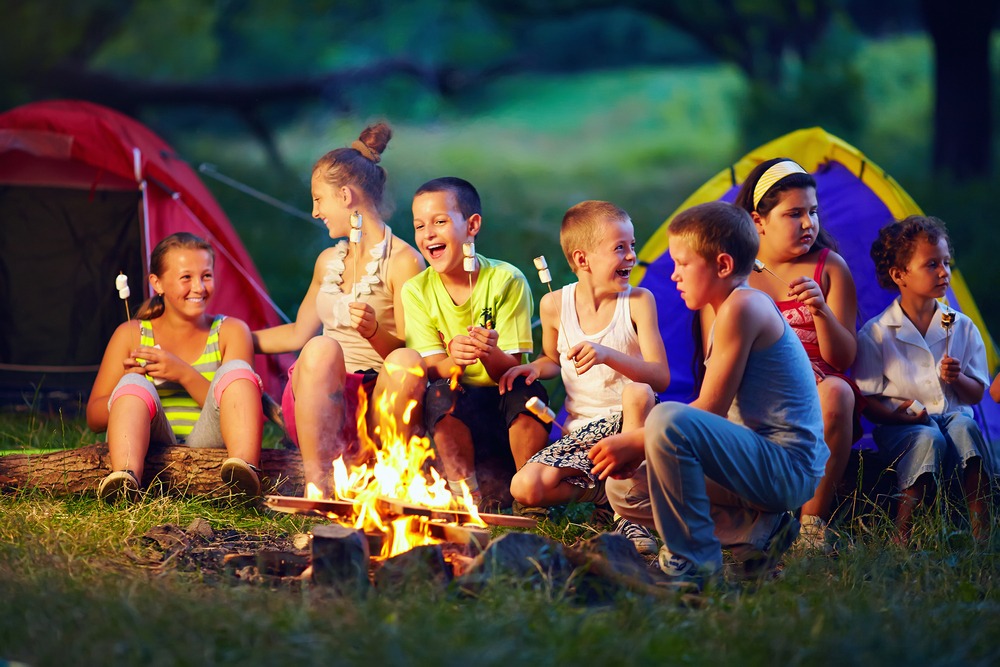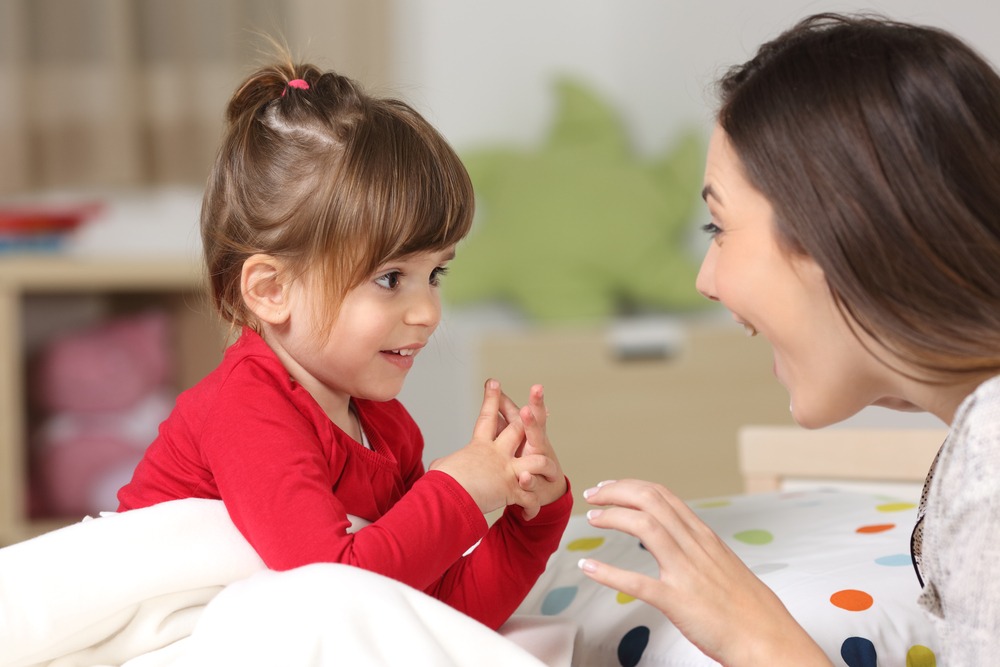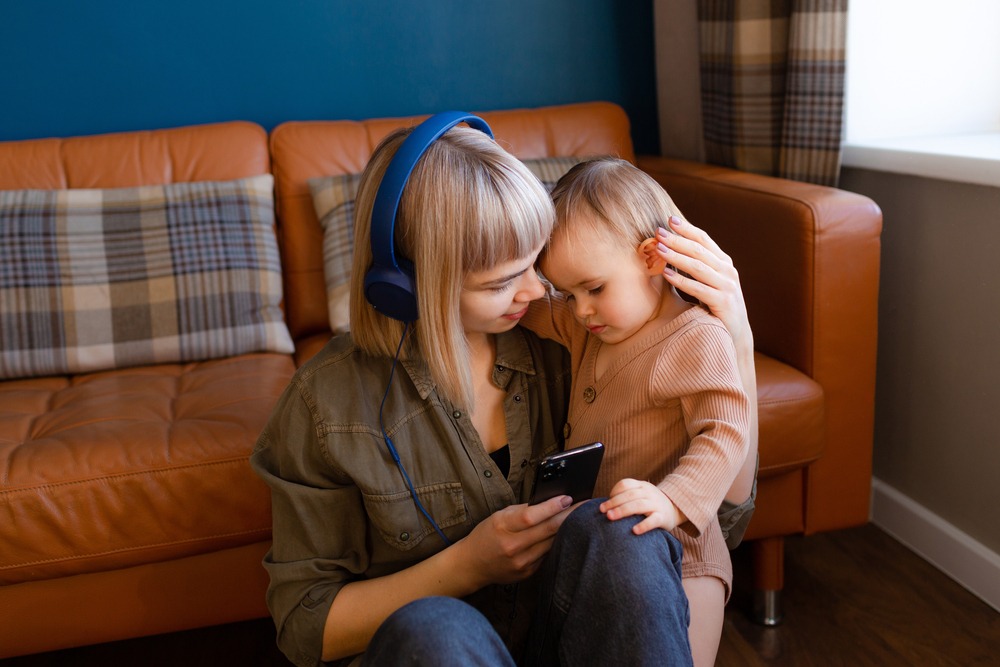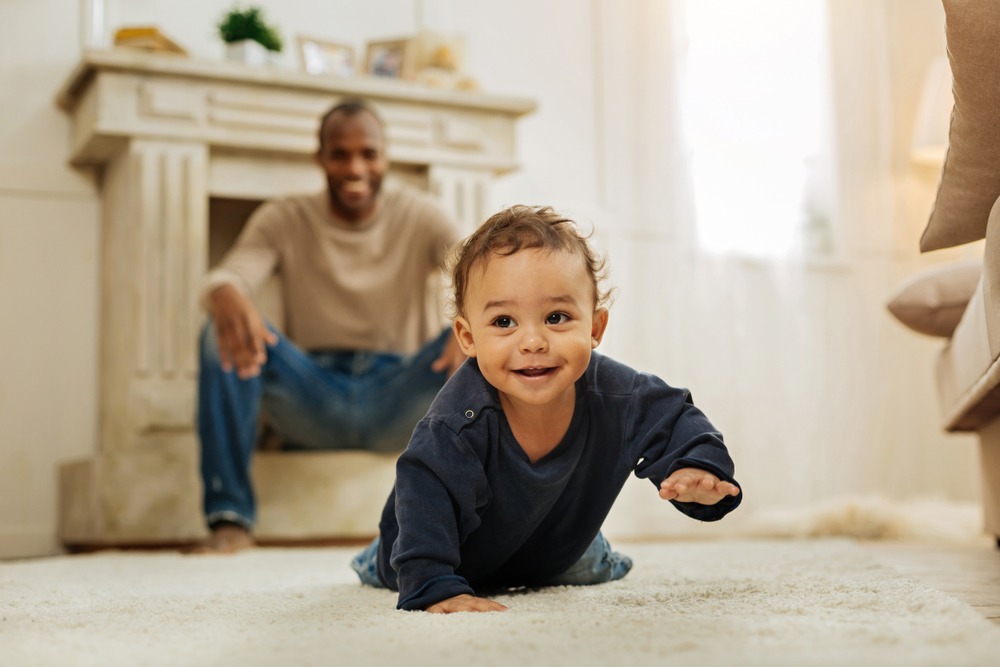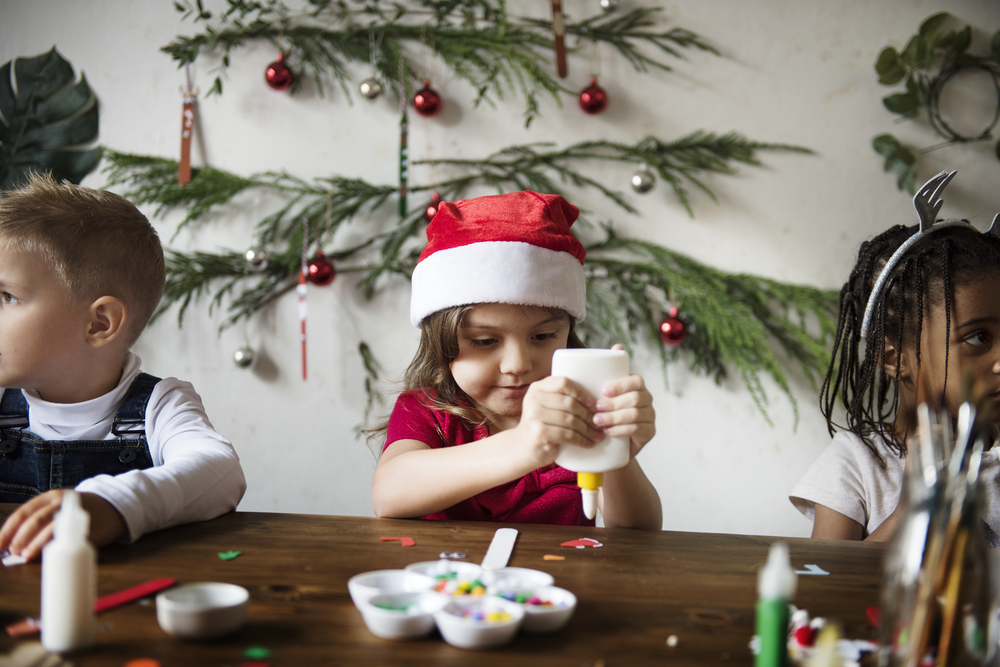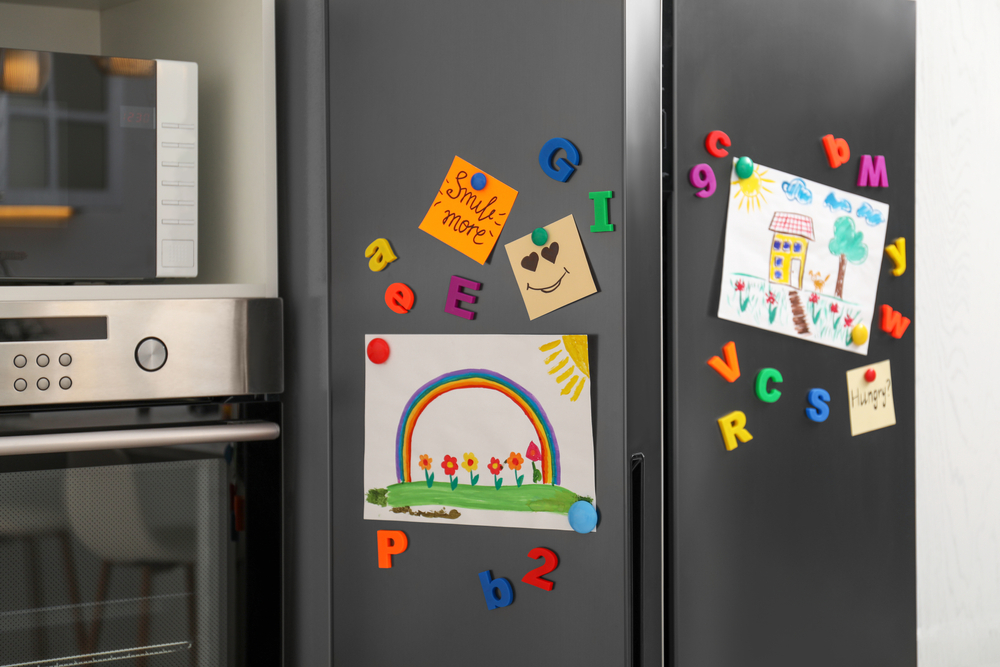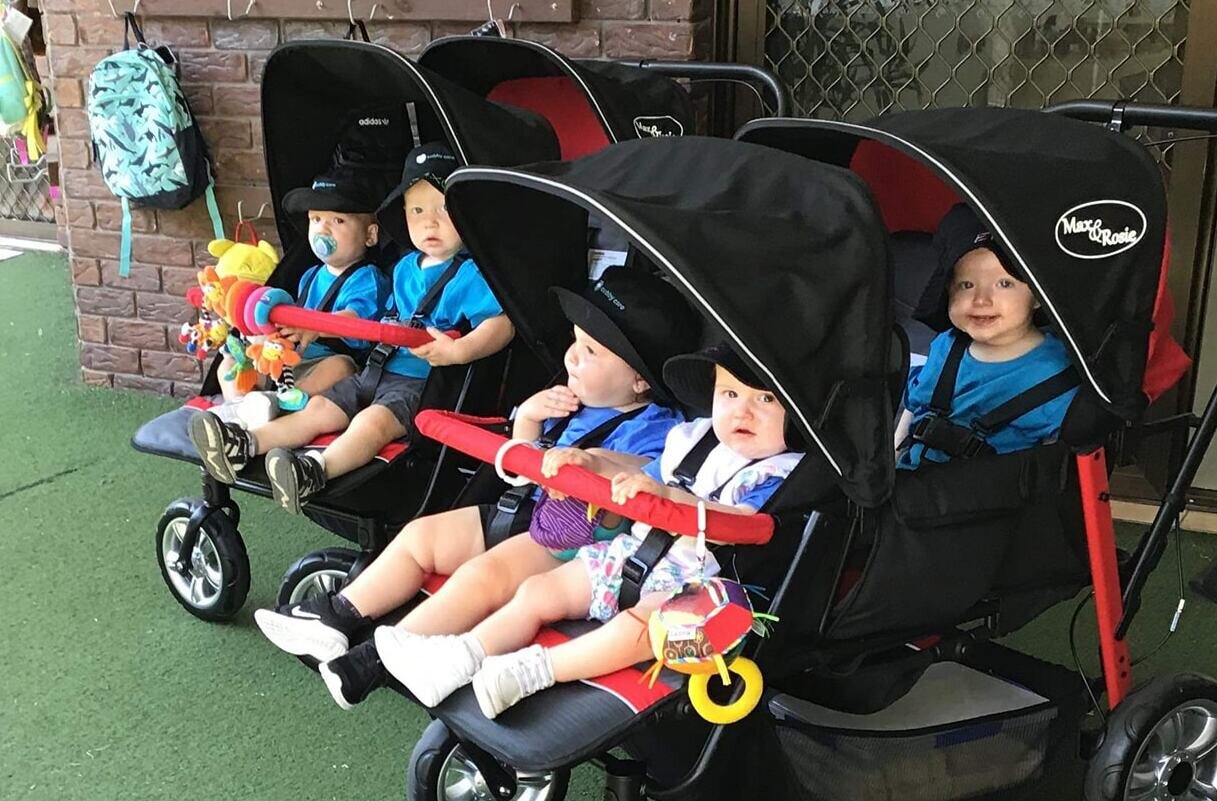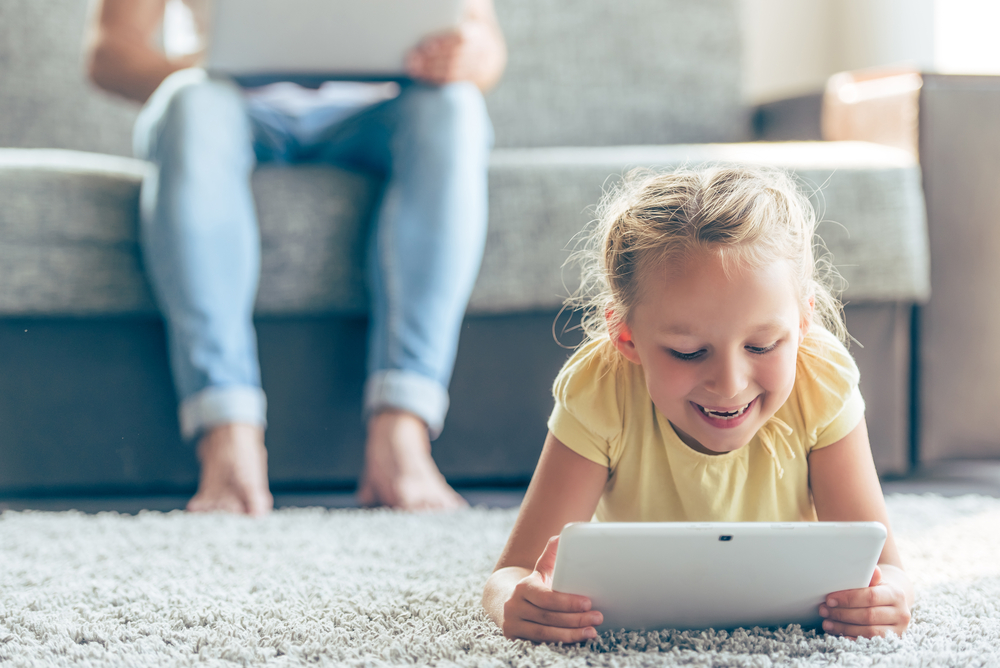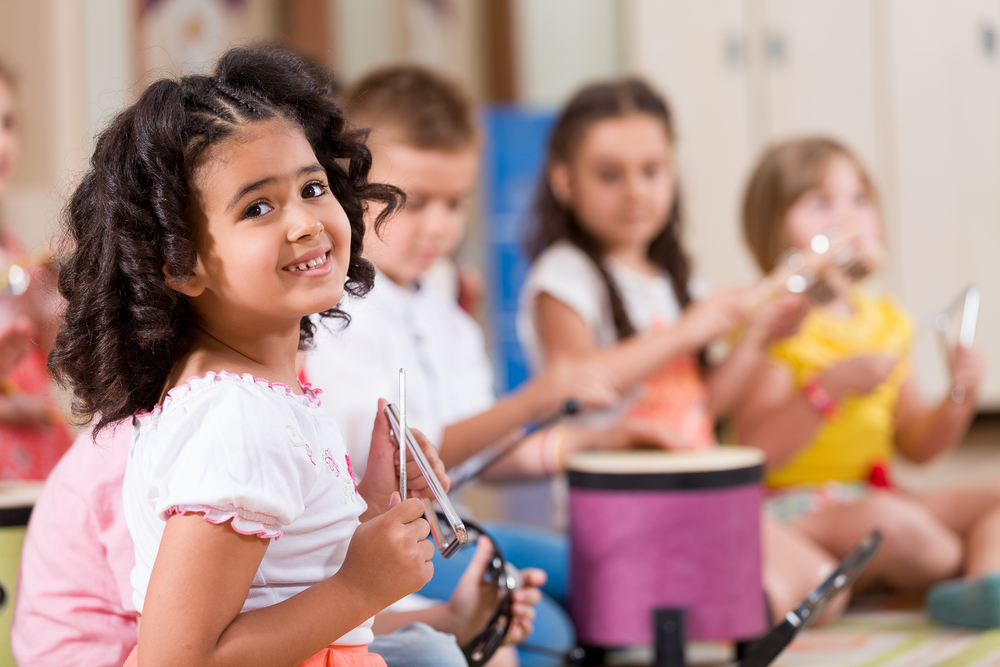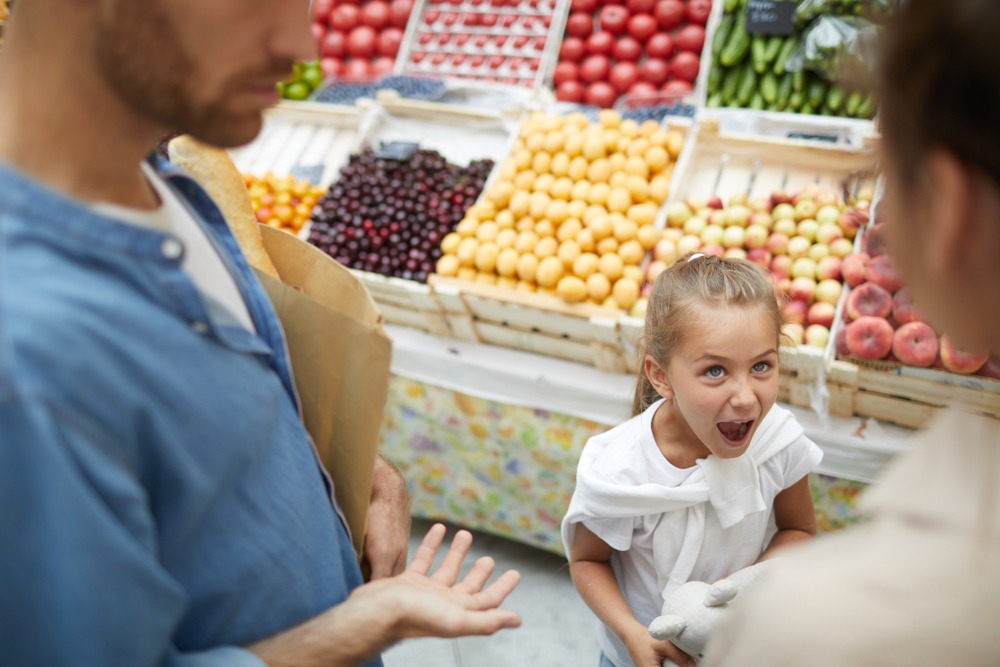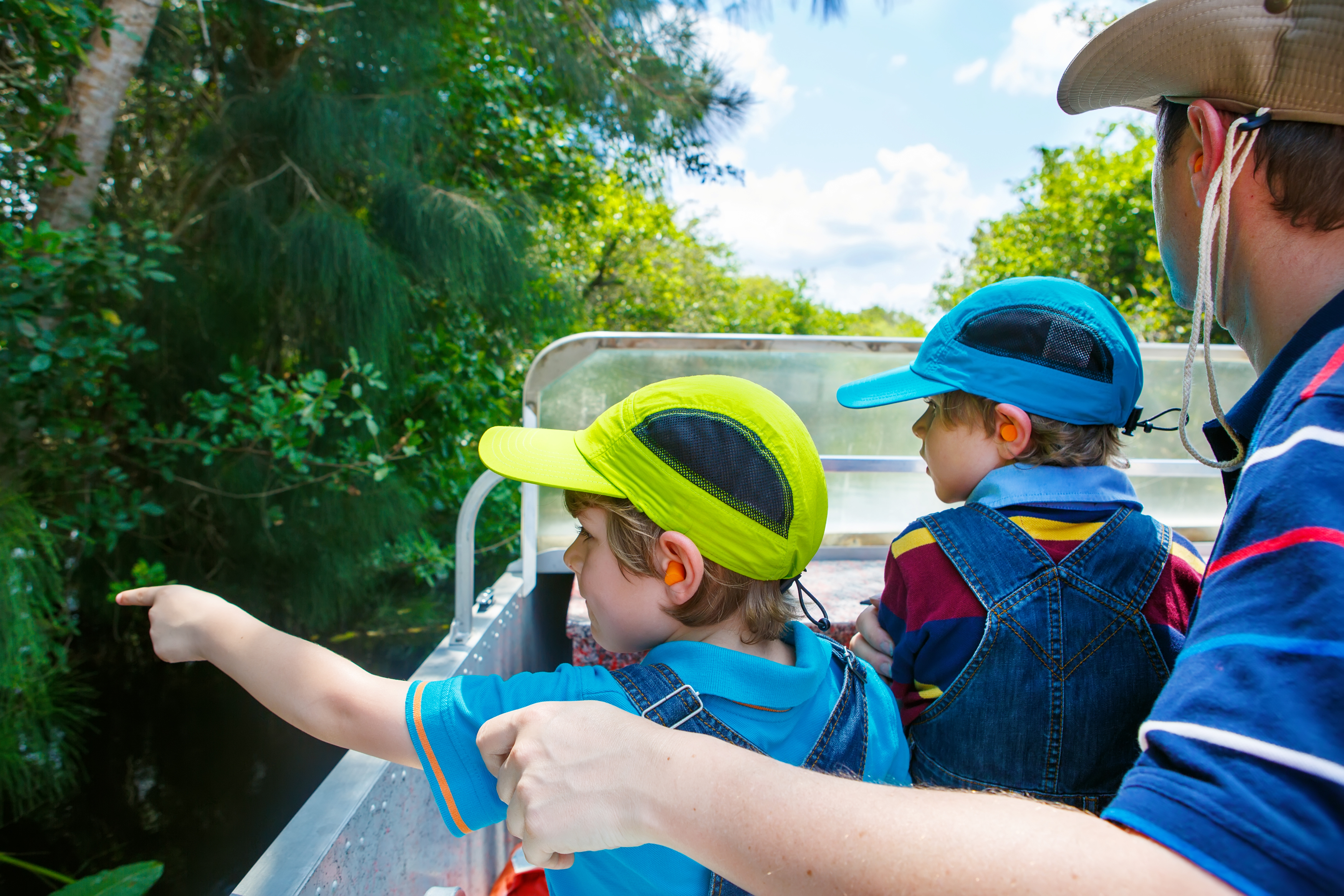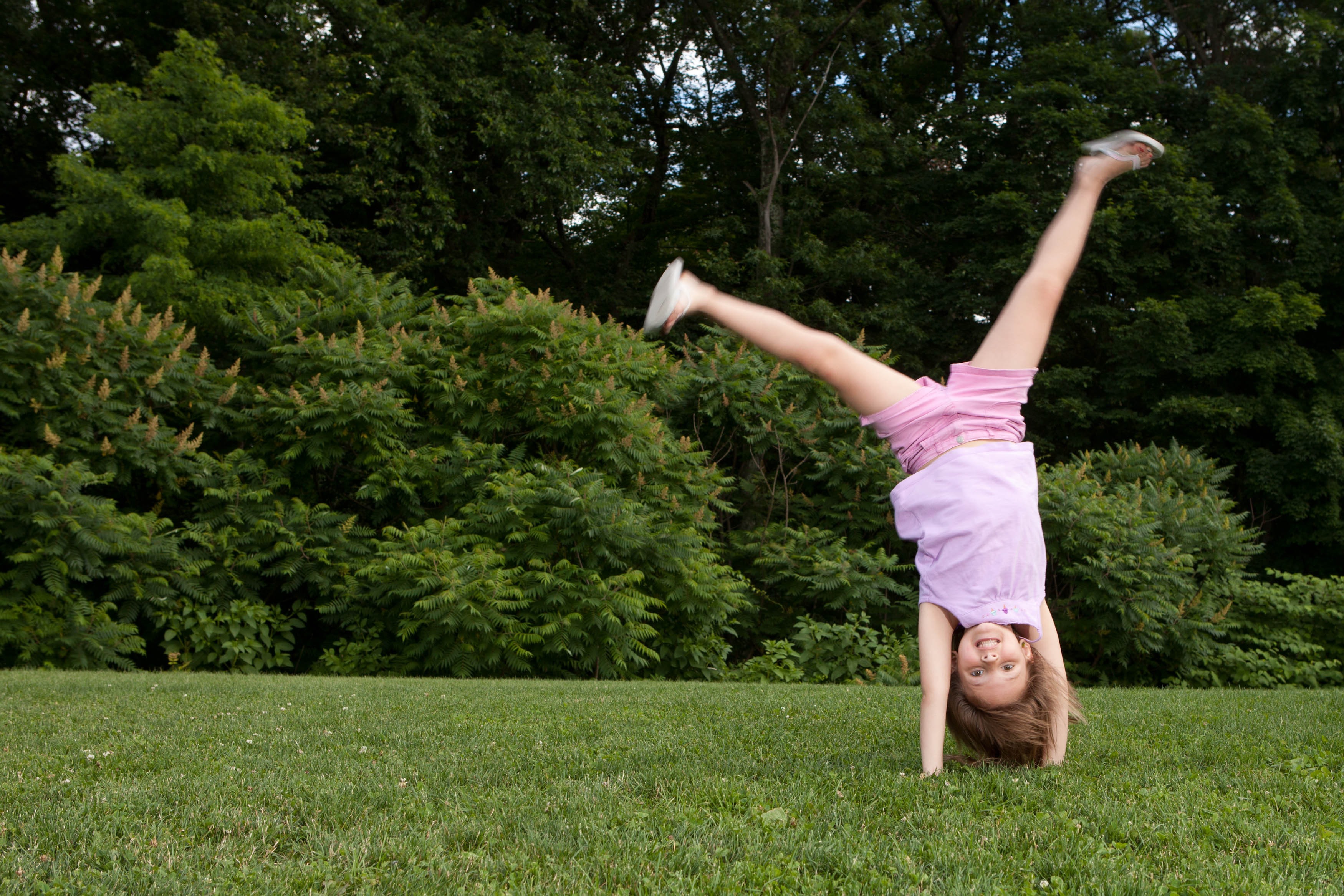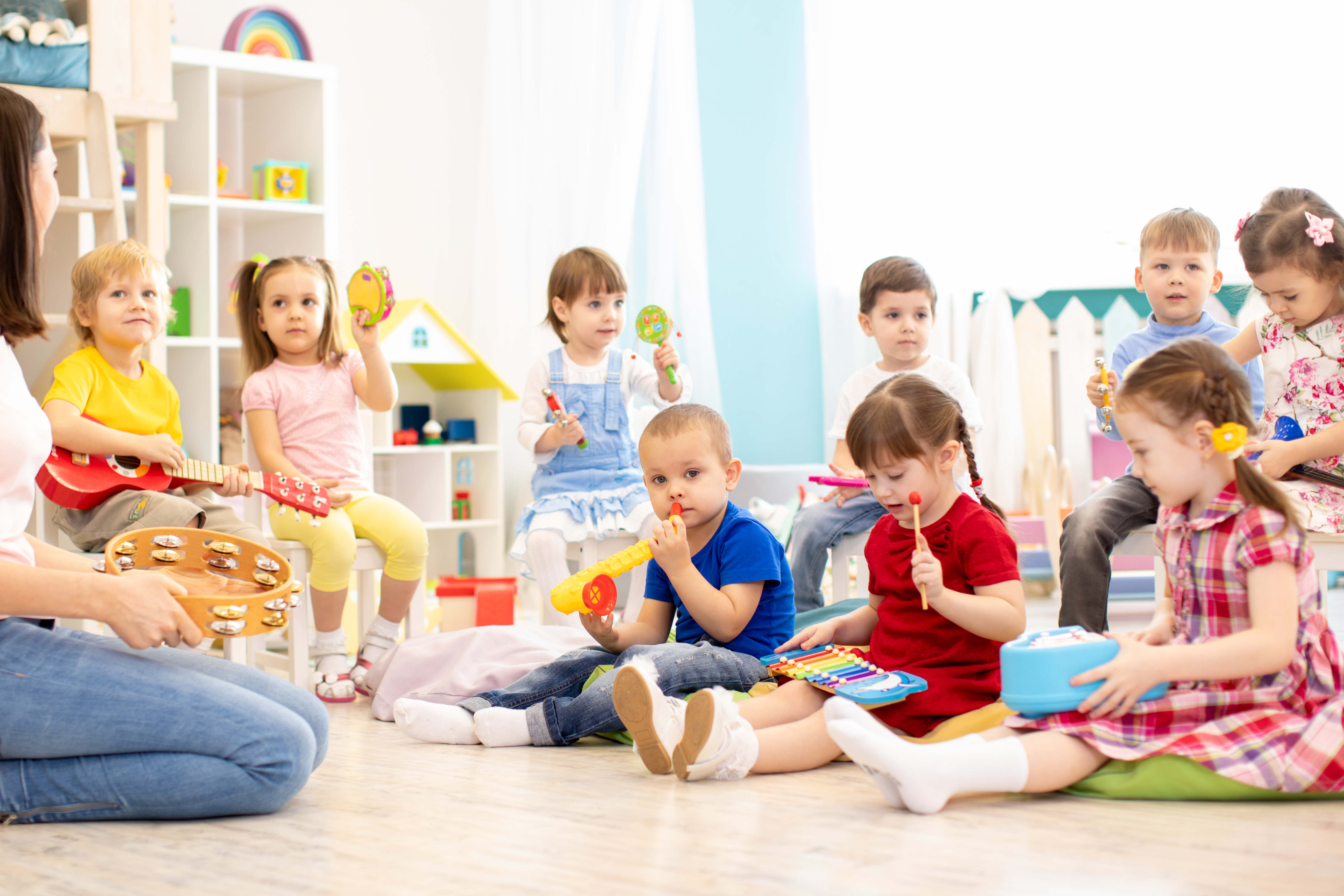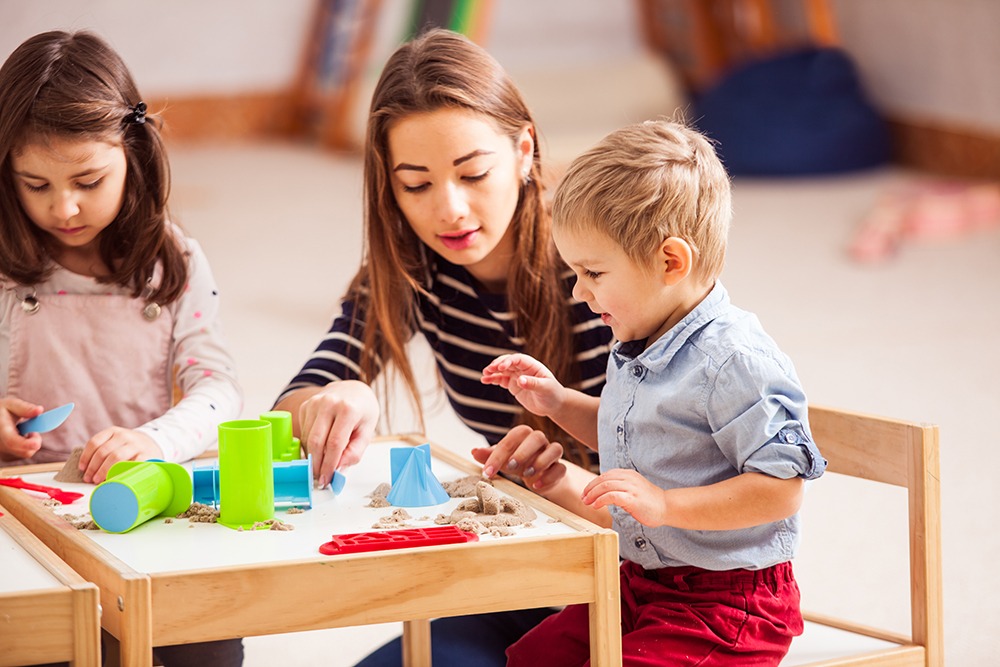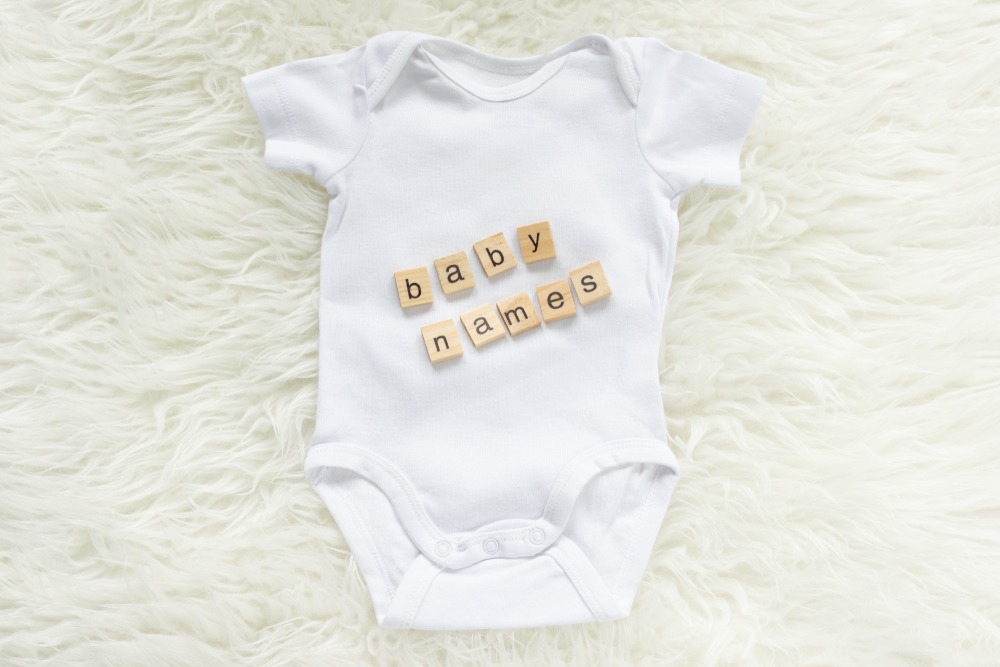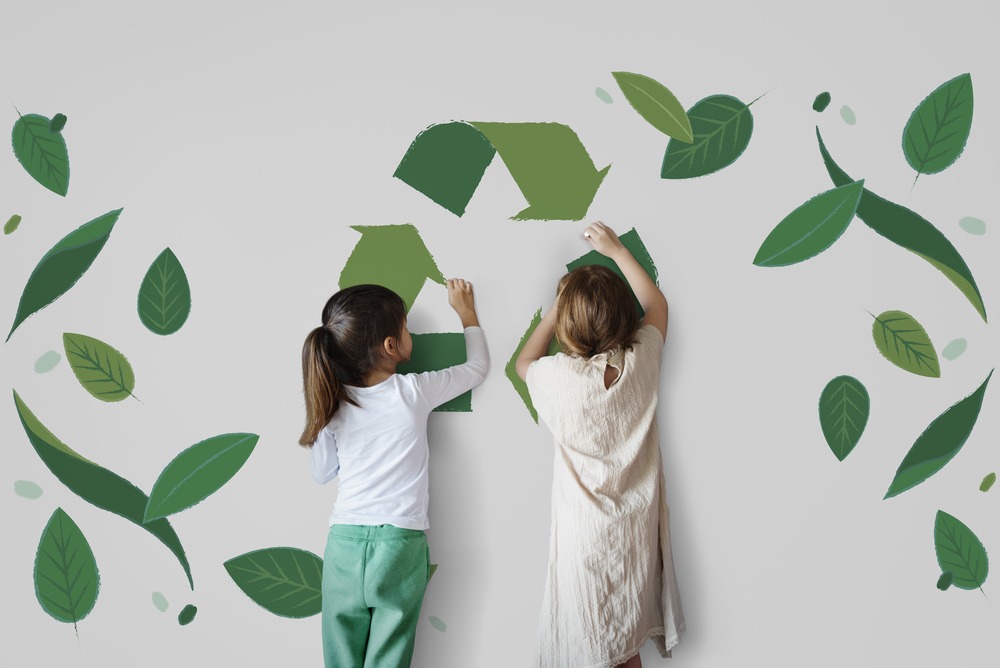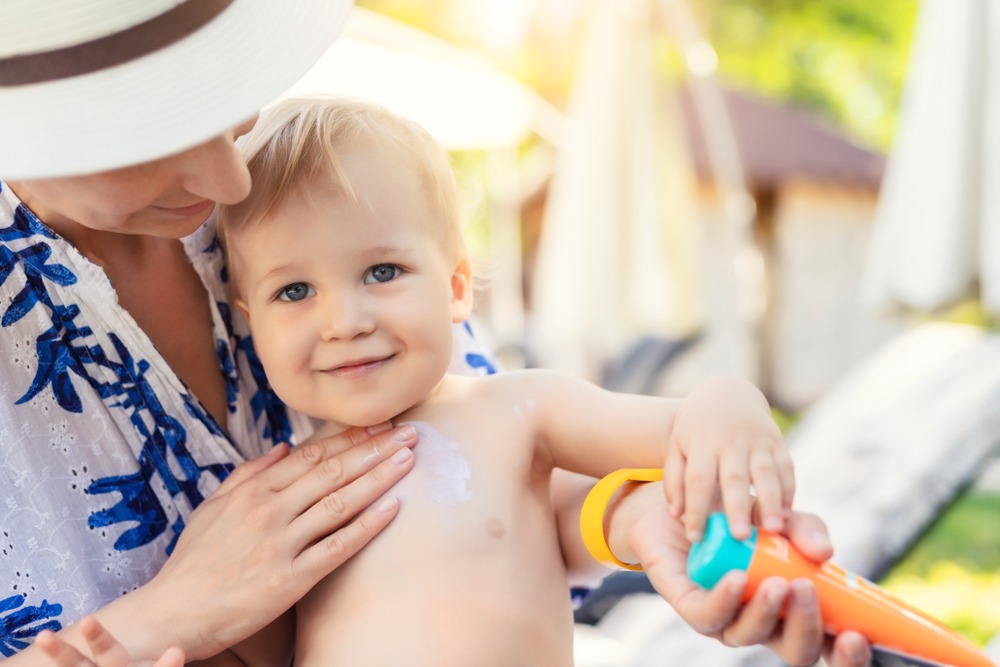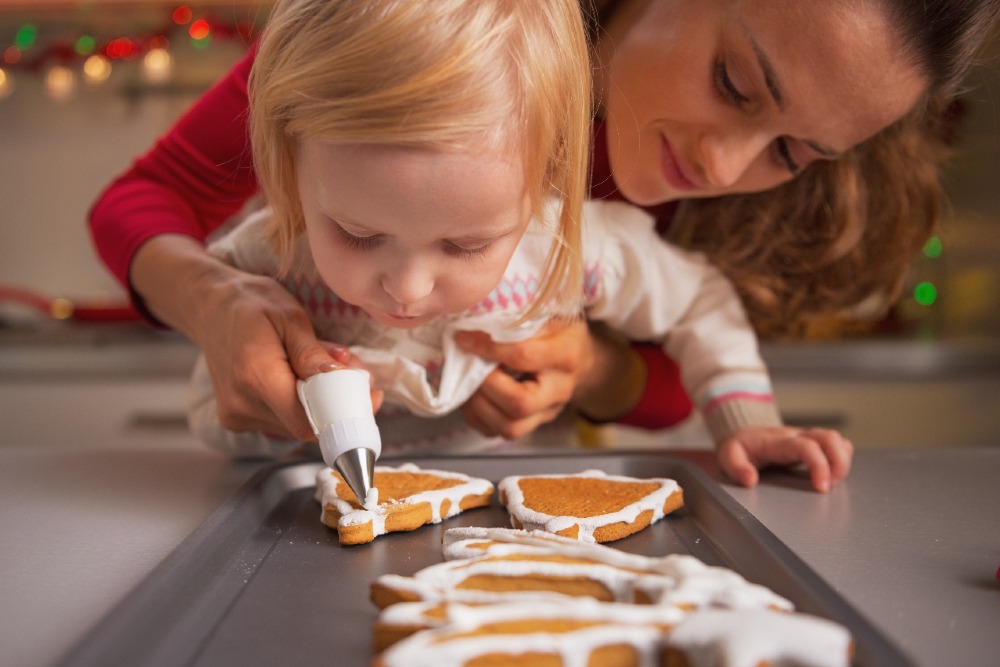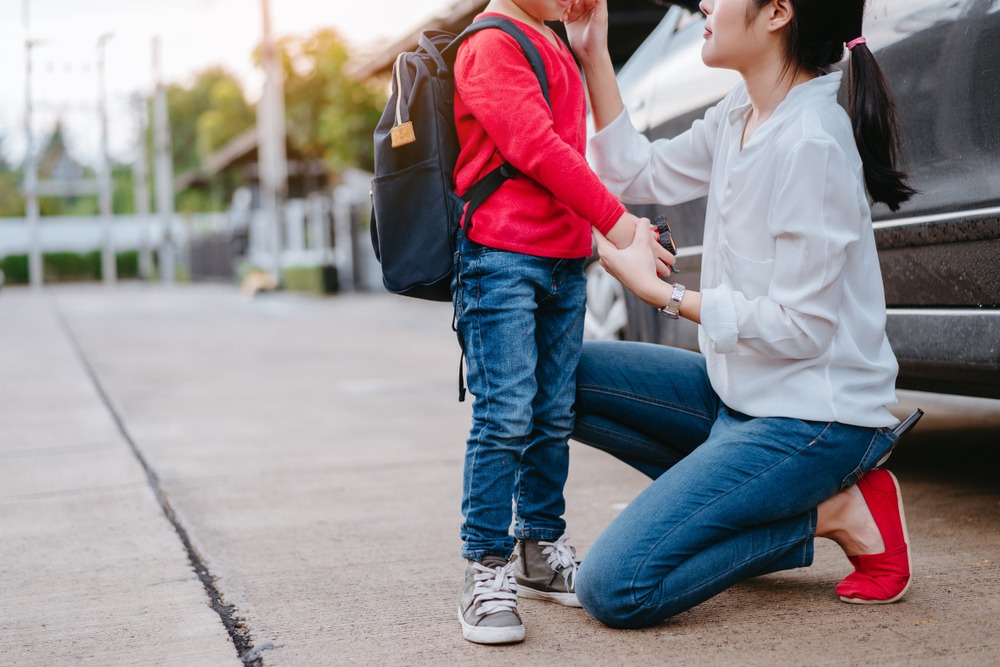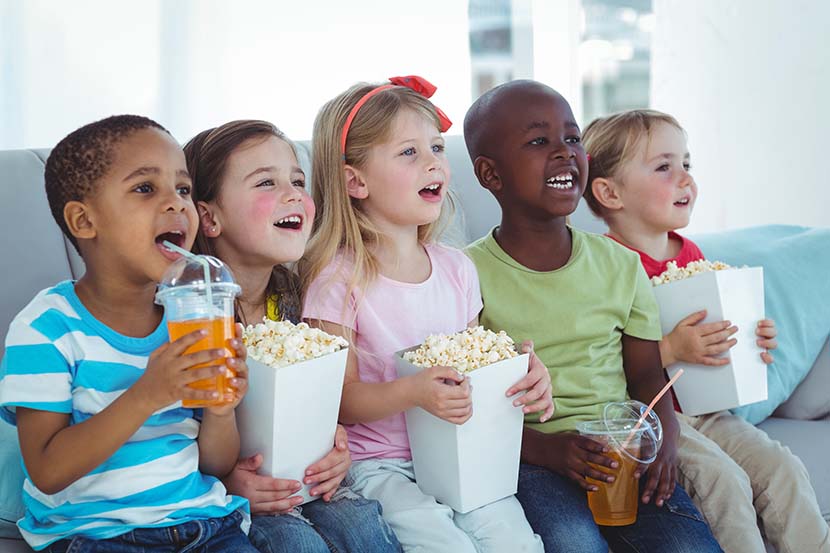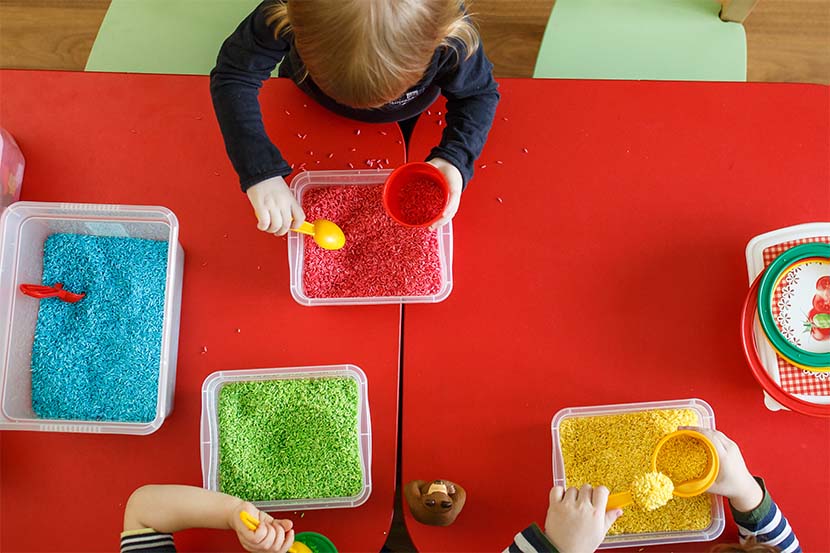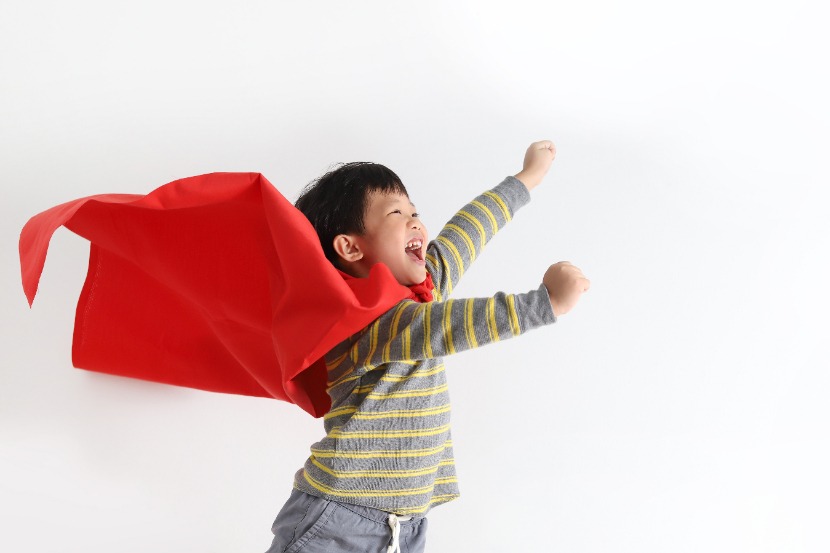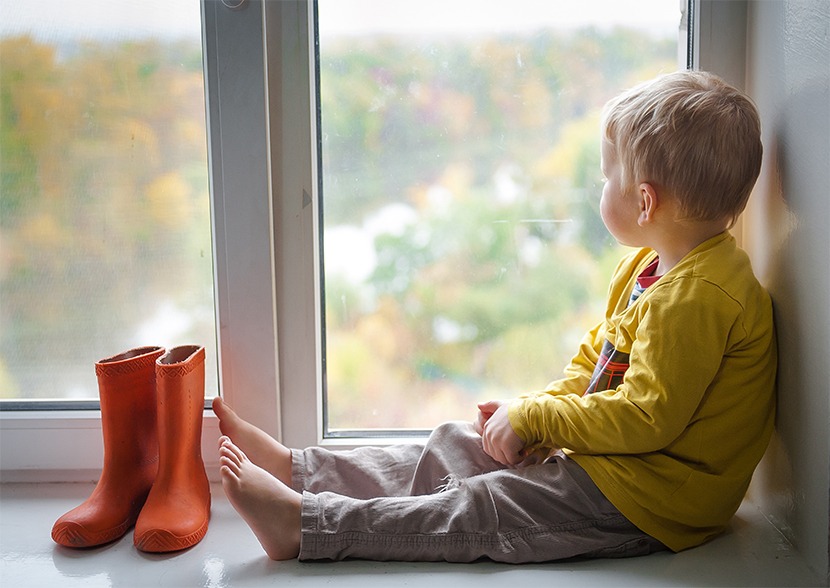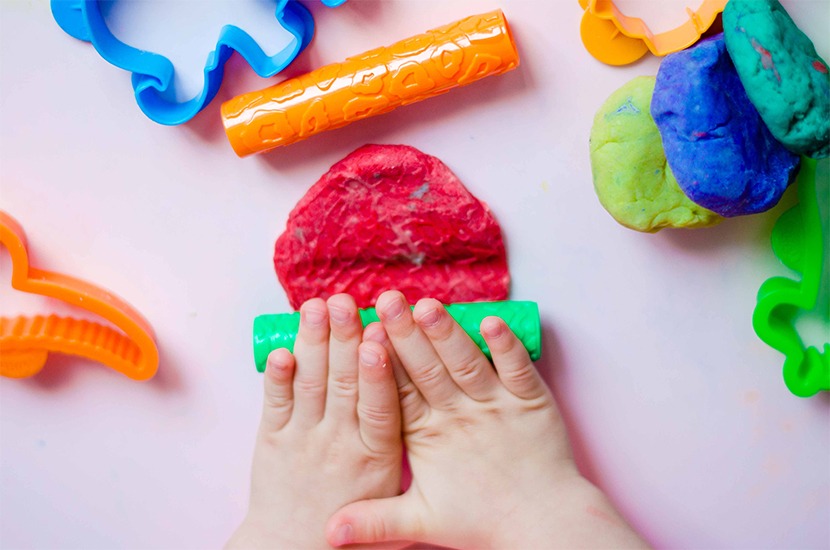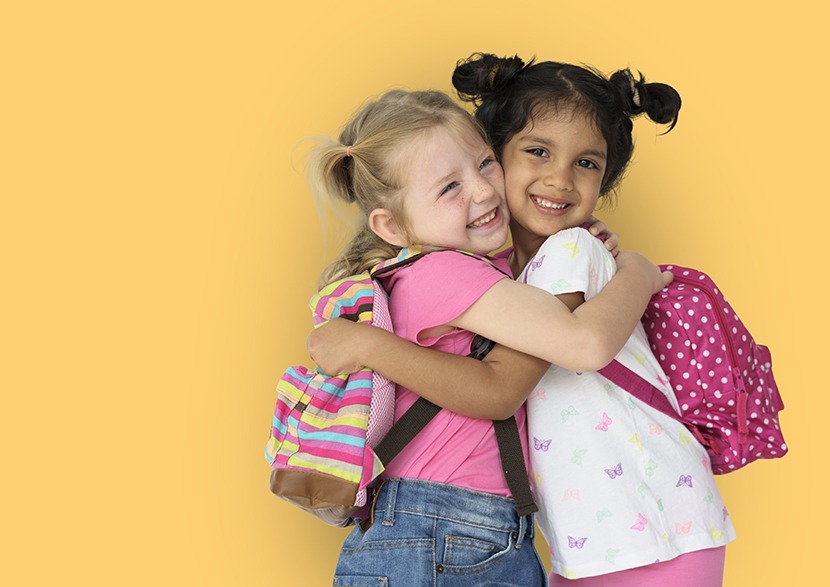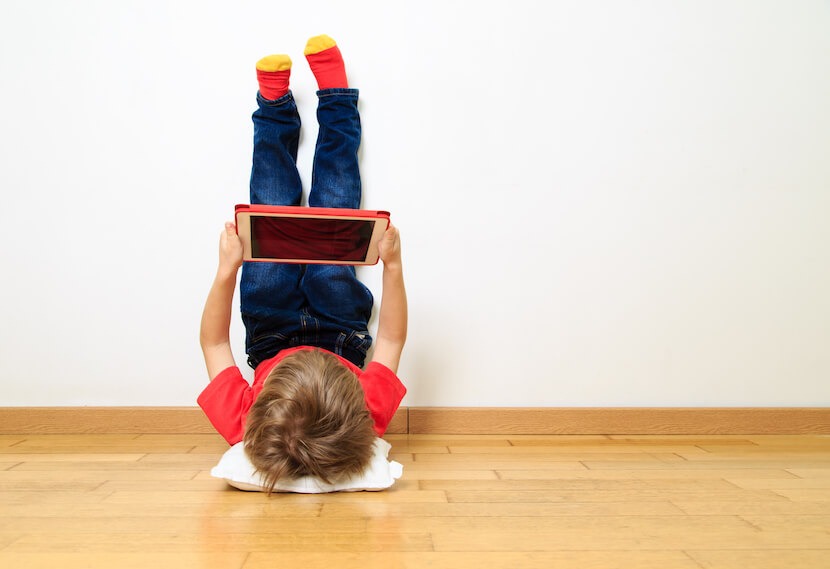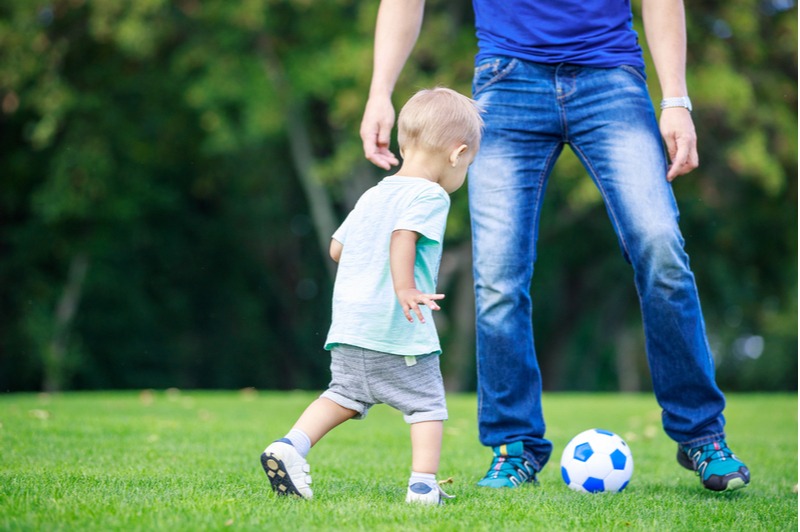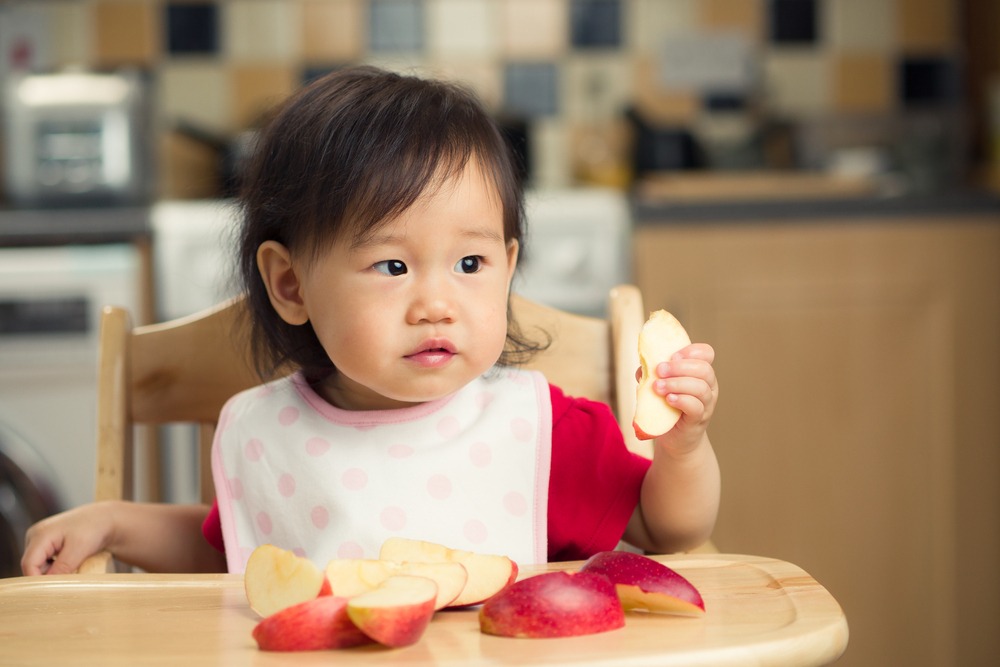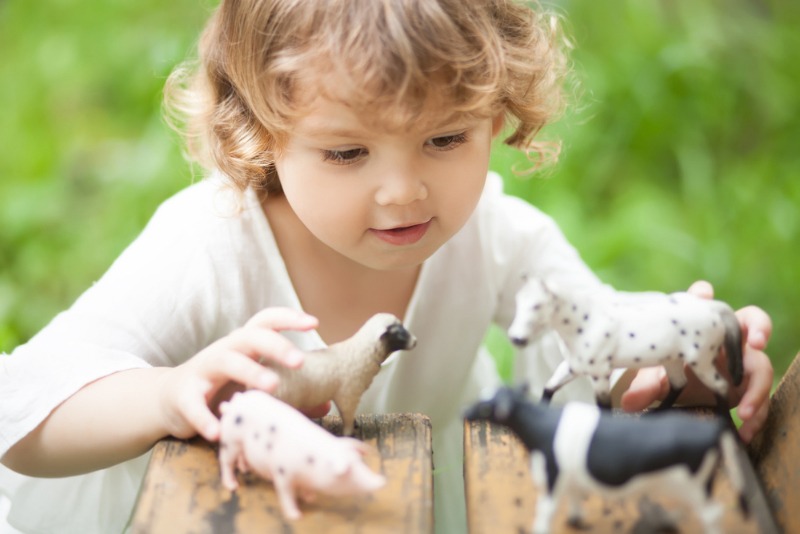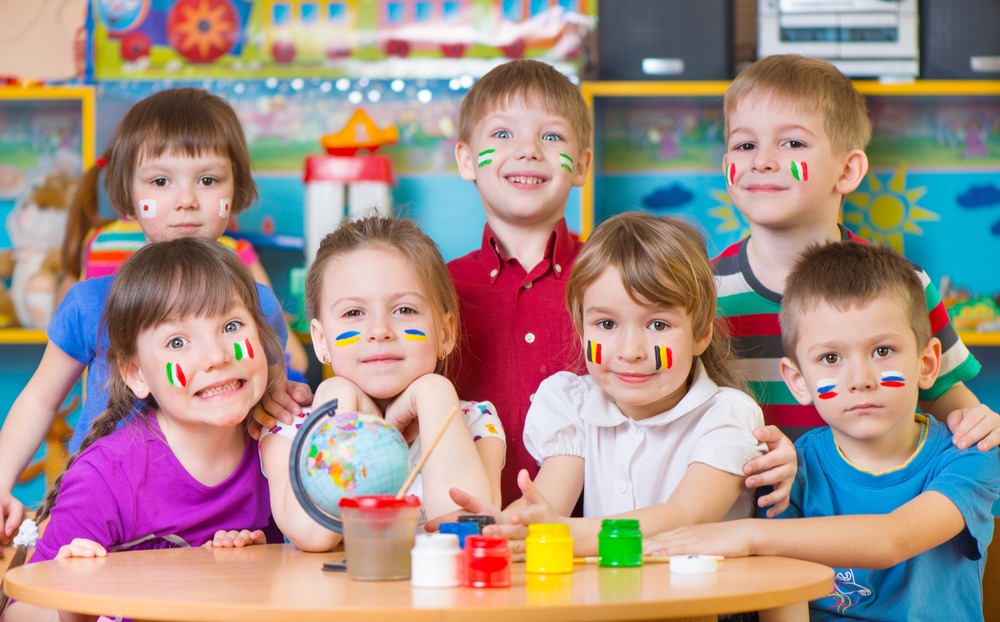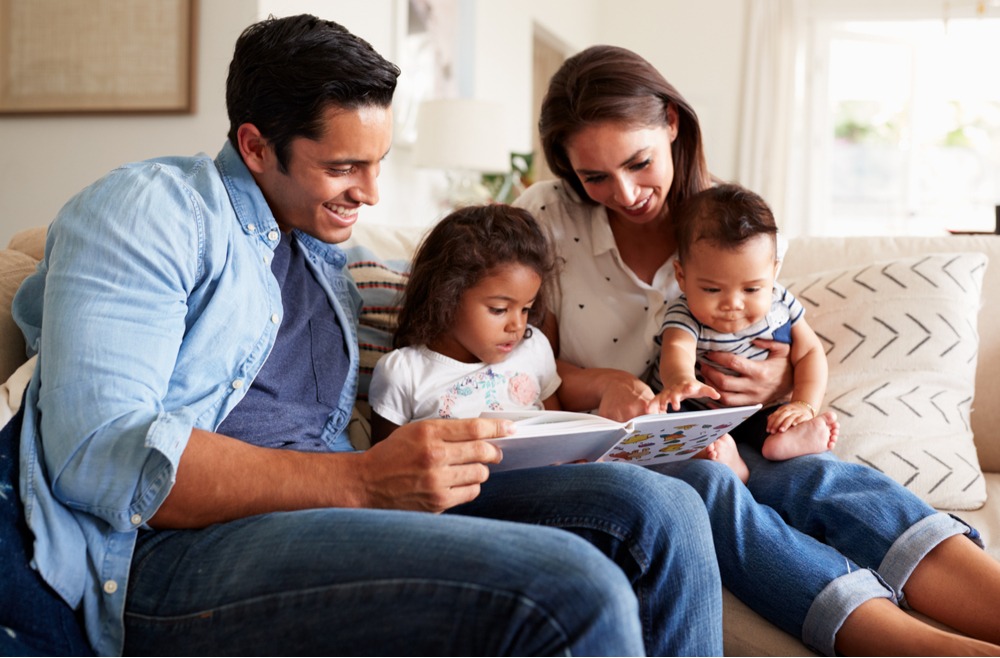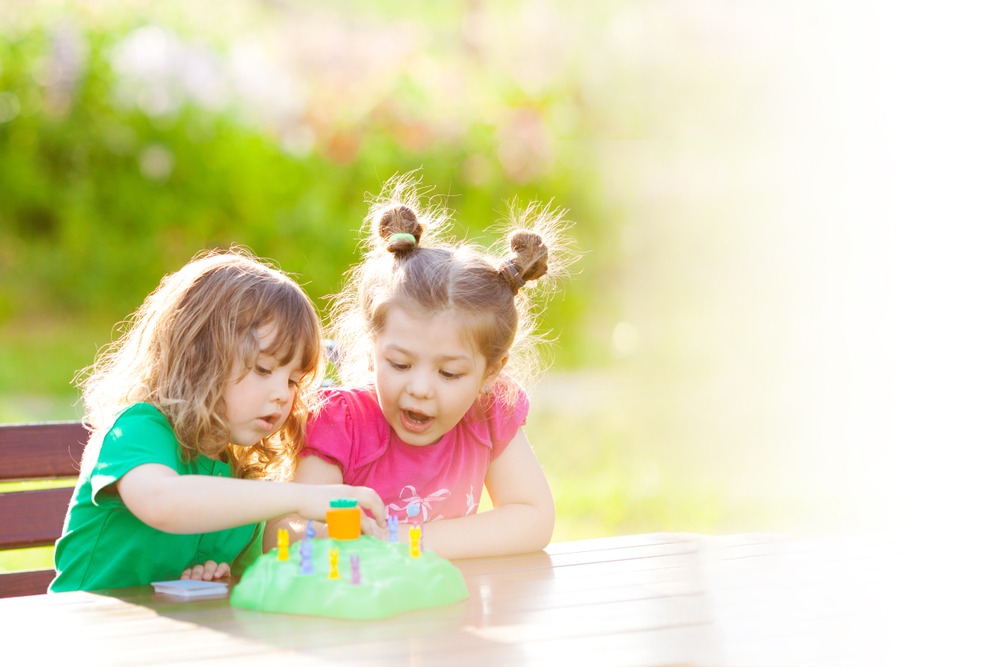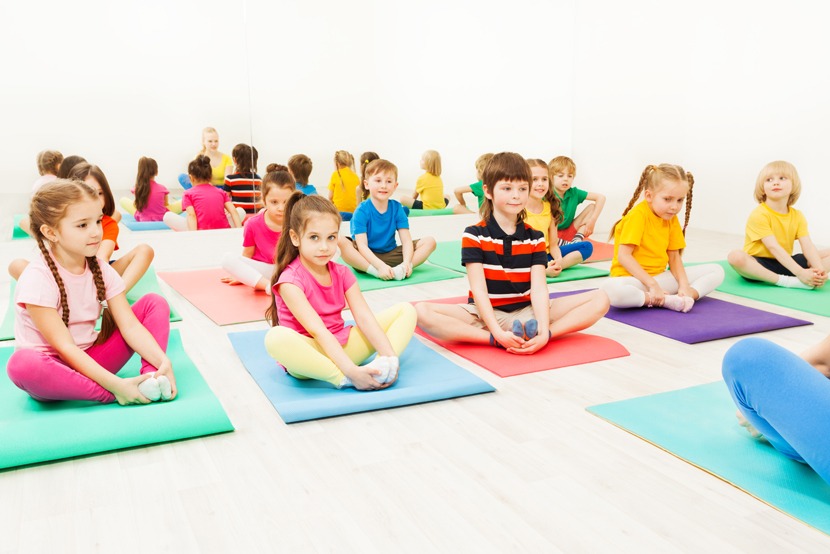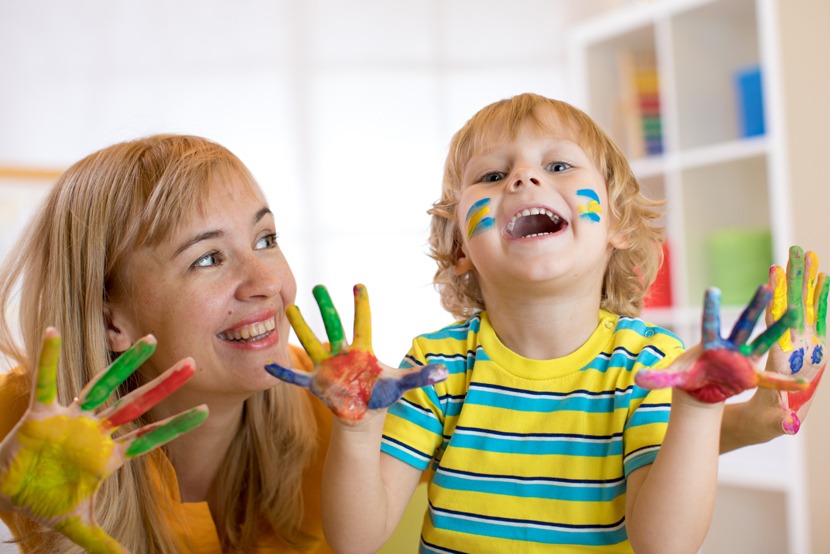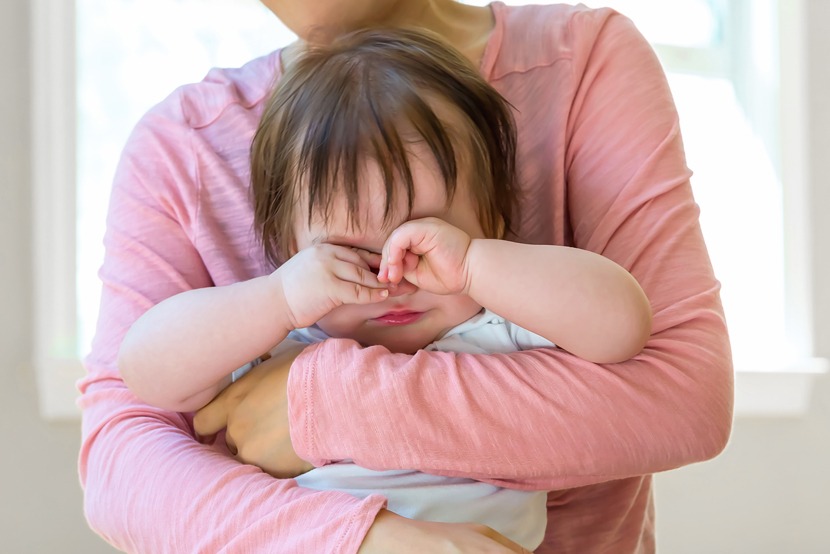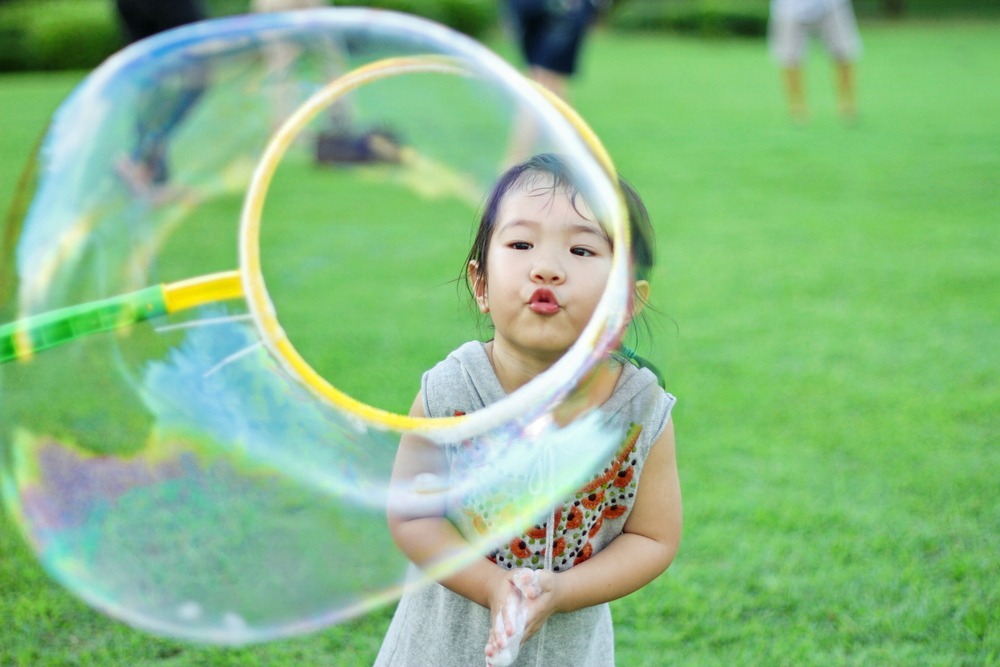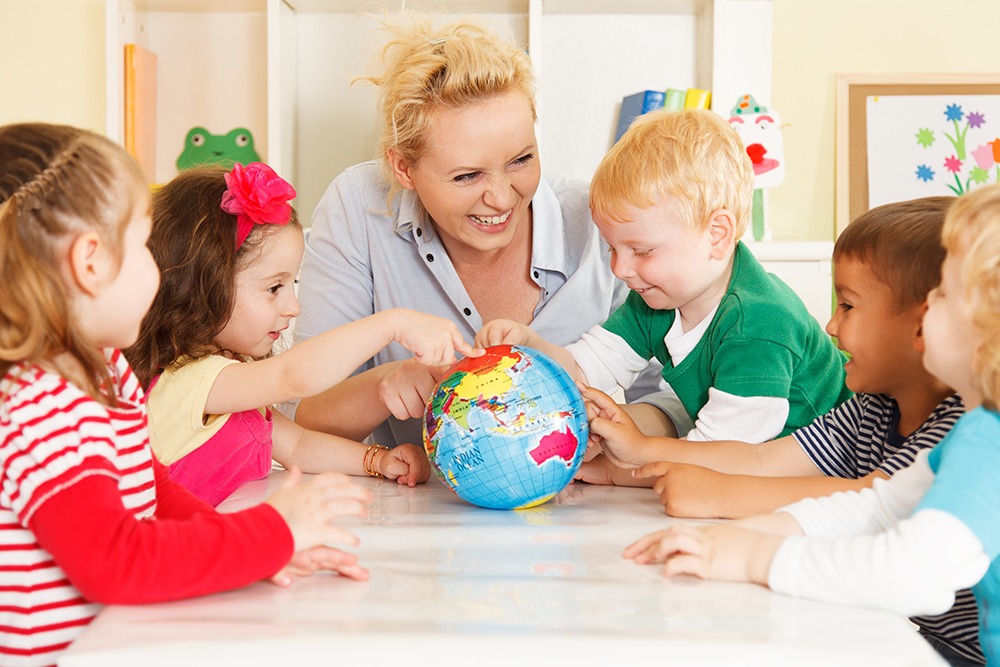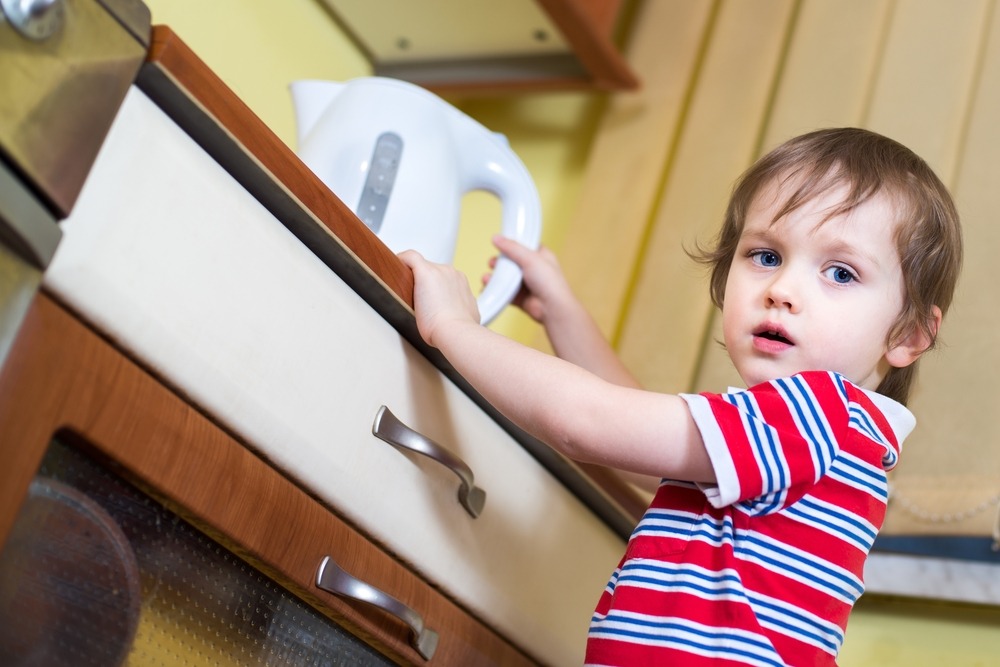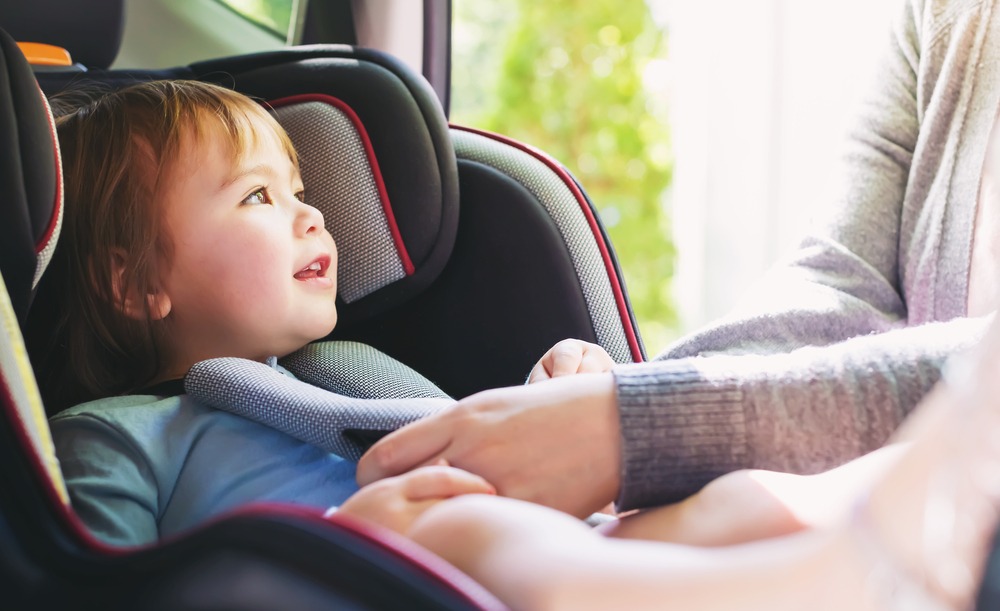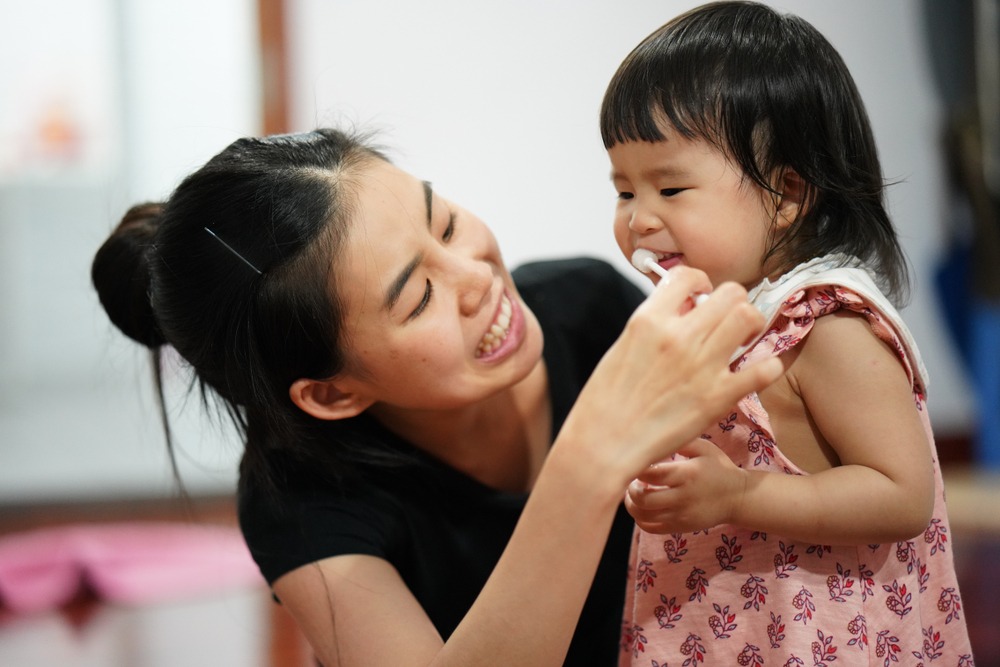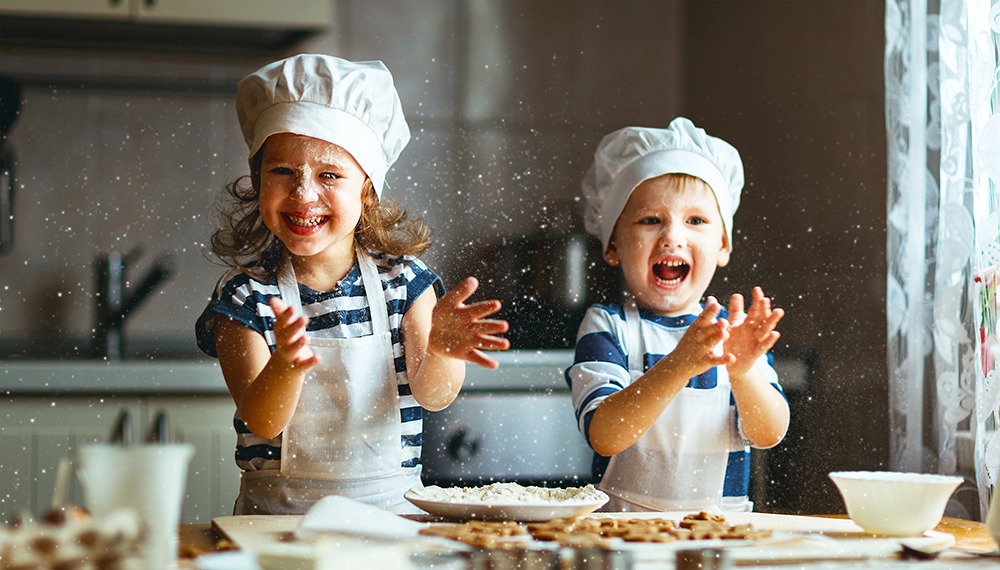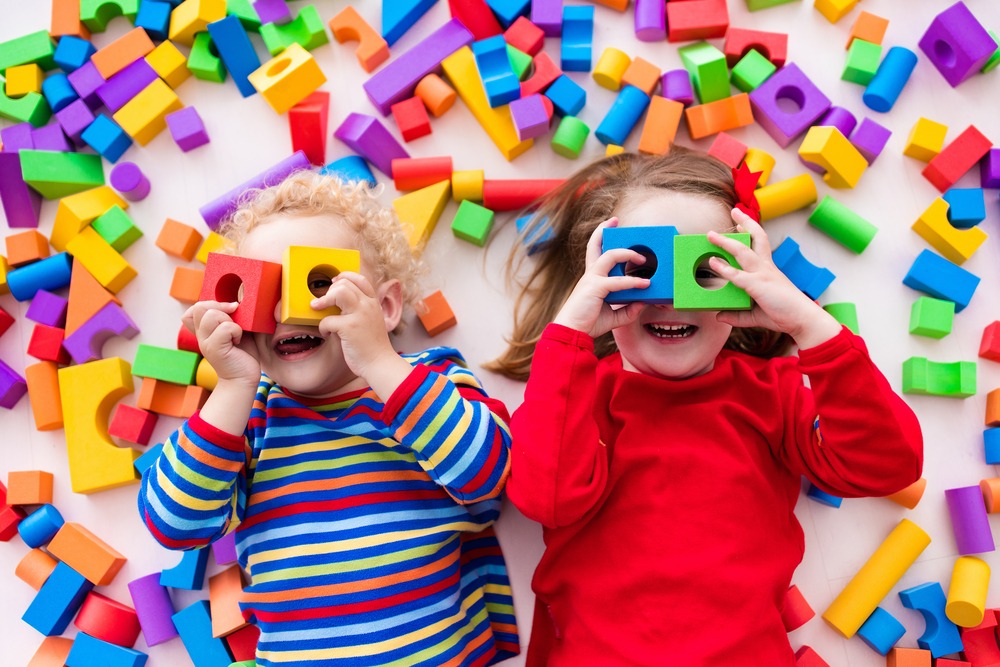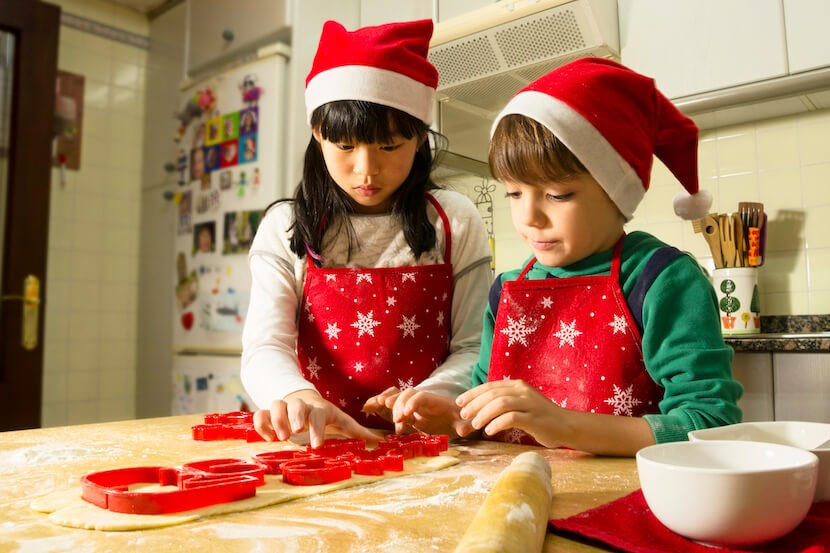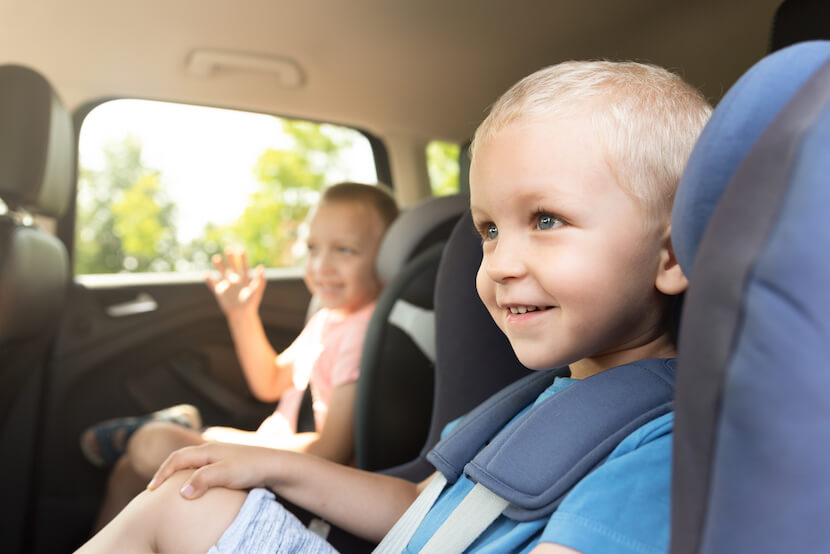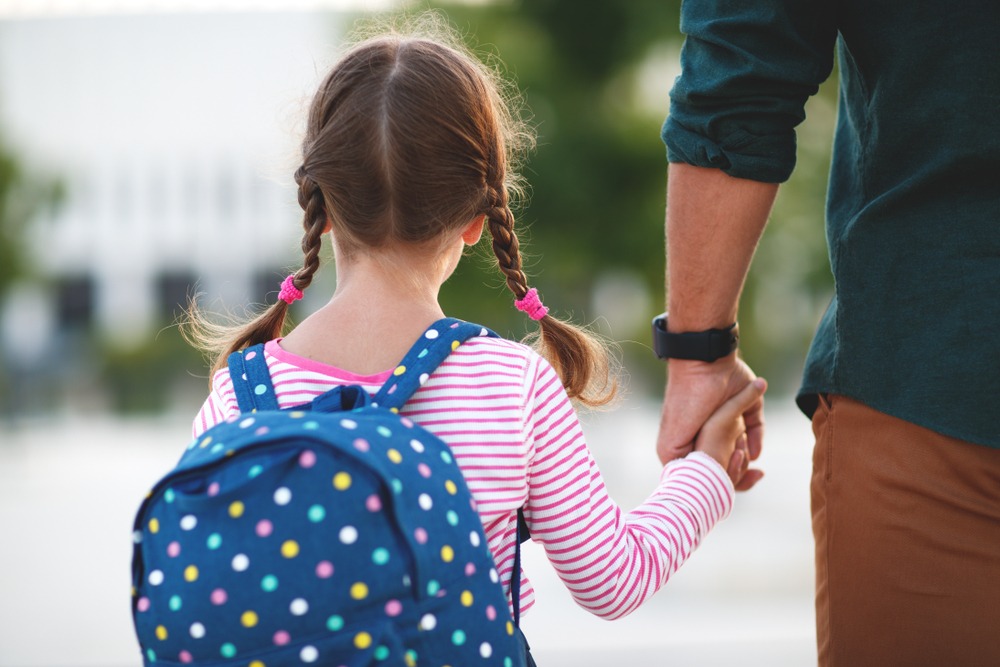
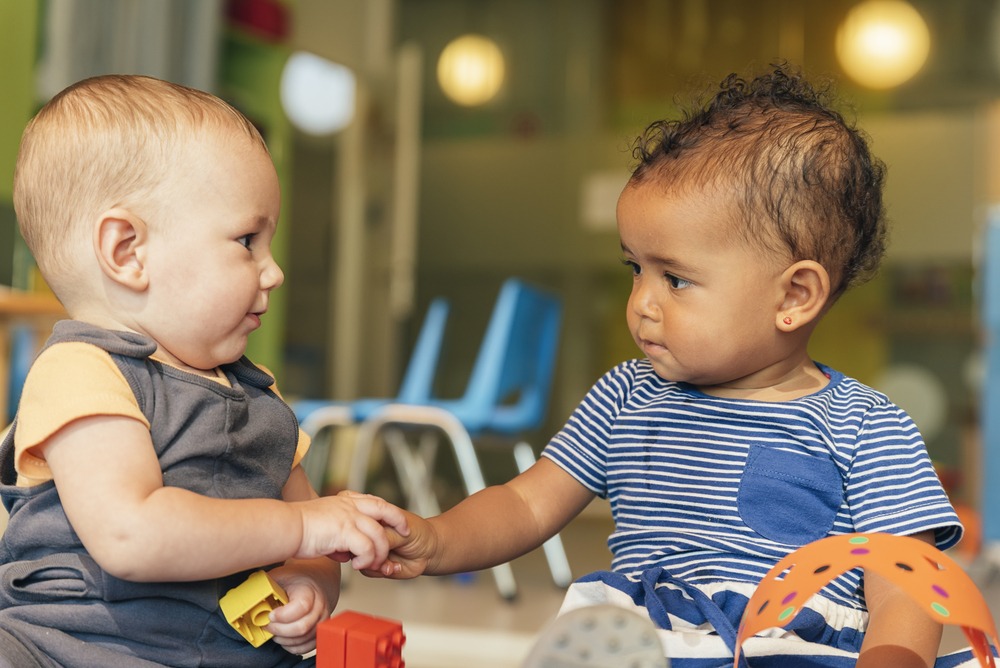
Early childhood is when children start to learn foundational skills in communication and social interaction. These early days in social development are key in setting children up with the building blocks for their future.
Here’s 5 ways that you can help young children learn and develop their communication, social and emotional skills.
1. Spend quality time interacting with them
Make sure you’re spending quality time interacting with your children; talking to them, listening, asking them questions, playing with them. These simple actions will help them learn to interact with others and teach them cues for listening and playing.
2. Demonstrate good communication skills
In the same way that interacting with your children provides them with good examples to follow, demonstrating good communication skills with others around them will reinforce this and shows them healthy ways to interact and connect.
3. Help them understand body language
Body language and facial expressions can be confusing for young children to pick up on and respond to. But helping them learn about non-verbal communication is an important part of their social and emotional development.
Some great exercises include:
- Watch a TV show without sound and see if you and your child can work out what’s happening.
- Take turns at dinner practicing different tones of voice – for example, saying, ‘I would like the salad please’ in a grumpy tone and then in a gentle tone.
- Use toys to act out emotions or draw different facial expressions with them. This can help your child learn about how we often express feelings without words, and helps them to develop empathy.
4. Teach them to take turns
We all know it can be tough for kids to take turns, particularly when it comes to playing with toys. Start teaching them early about taking turns by doing things like rolling a ball backwards and forwards between you, blowing kisses to each other and waiting for them to respond, or when you’re playing a game, leave a space for them to signal that they want to go on playing, then respond.
Beyond Blue also recommend give and take interactions with babies and young children – when they smile, smile back; when they make a sound, make the sound back and then wait for them to take a turn. This is the beginning of simple social interactions – I talk, and then I wait and listen for you to talk, and so on.
5. Provide them with environments and time to learn
Give your children chances to socialise and play with other children. The more experience they have and the more time they spend developing their skills, the stronger these skills will become.
Kindy is the perfect time and place for children to interact with others and learn these skills as part of their overall development.

